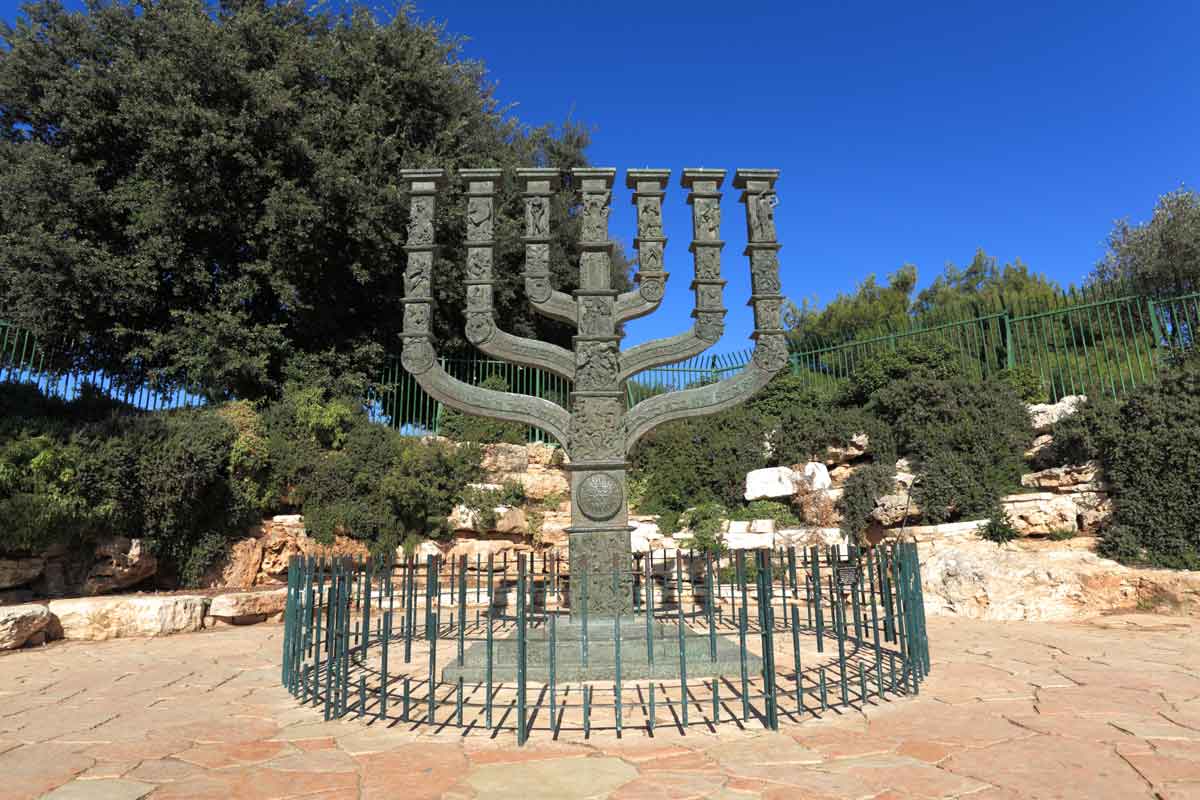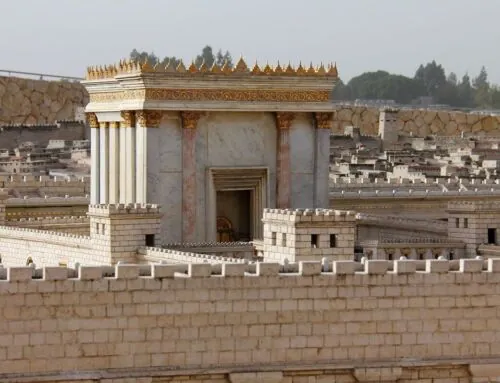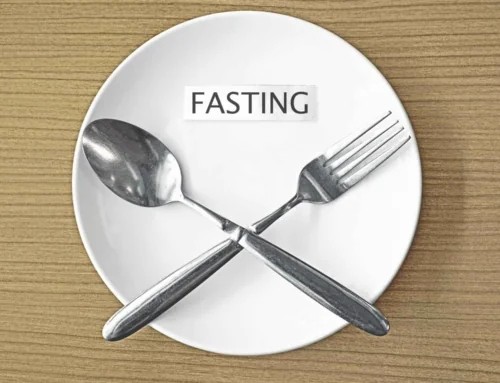Israel’s new government which was just sworn in after several elections has many people asking exactly how Israel’s government is set up and how the electoral process even works. You don’t often hear about one election’s only decision being that there needs to be another election, especially not twice!
Israel’s new government is set up on the premise of a parliamentary democracy. In contrast, America has a presidential democracy. so what is the difference?
The parliamentary democracy which makes up Israel’s new government was established in 1949 during the founding of the modern nation of Israel. The government is made up of the Head of State, Legislative, Executive and Judiciary branches. The branches hold the following offices:
Head of State- President
Legislative- Speaker, Knesset, Committees, Mayor and Council Heads, Local Councils, Electrage
Executive- Prime Minister, Government, Ministries, State Comptroller and Ombudsman.
Judiciary- Supreme Court, Lower Court, Attorney General
What may surprise most people is that the president is not actually the most powerful person in government, although referred to as the “head of state”. Much like the Queen in England, it is largely a figurehead and ceremonial. The most unique function presidents in Israel have is the ability to pardon or commute sentences. He is said to be the representative of the people and the Jewish people.
The most powerful person in the nation is the Prime Minister. The Prime Minister is the head of the executive branch. What is different about this is that you don’t directly vote for the Prime Minister, but instead they vote for a party. Whoever has the majority of the 120 seats in the Knesset gets to present a Prime Minister, but at most, only 56 seats have ever been won by a single party and that many is rare.
So how do you form Israel’s new government when no one wins a clear majority?
This is where the “forming a new government” comes into play. It’s not a new government being formed, but instead a coalition of parties who throw their support behind one party in a series of negotiations of power. Once a political party has an increased number of seats in their coalition, they are able to present a Prime Minister for approval. Typically this only occurs every four years, however, Israel held four elections in two years. Benjamin Netanyahu, the incumbent, was able to win the most votes, but not the majority and was unable to form a coalition to give him a full term. So, each time he would be elected but fall short, a new election would be scheduled.
This time it was March 2021 that another election was held. This time, a coalition was formed by a different party and they were able to take over and replace Netanyahu after twelve years of serving as Prime Minister. The new Prime Minister is Naftali Bennett.
Israel’s New Government By the Numbers
Knesset- 120 seats, each holding a four year term
Committees- The Knesset has 12 standing committees: the House Committee; Finance Committee; Economic Affairs Committee; Foreign Affairs and Defense Committee; Internal Affairs and Environment Committee; Constitution, Law and Justice Committee; Immigration, Absorption and Diaspora Affairs Committee; Education, Culture and Sports Committee; Labor, Welfare and Health Committee; State Control Committee; Committee on the Status of Women and Gender Equality; and the Science and Technology Committee as well as special committees.
Ministries- There are 27 ministries in Israel. These include Agriculture and Rural Development, Alternate Prime Minister, Communications, Community Affairs, Construction and Housing, Culture and Sport, Defense, Development of the Periphery, Negev, Galil, Diaspora Affairs, Economy and Industry, Education, Energy, Environmental Protection, Finance, Foreign Affairs, Health, Immigration and Absorption, Intelligence, Interior, Jerusalem Affairs and Heritage, Justice, Labor and Social Services, Liaison Between the Knesset and Government, Prime Minister, Public Scrutiny, Regional Cooperation, Religious Services, Science and Technology, Social Equality and Pensioners, Tourism and Transportation and Road Safety.







